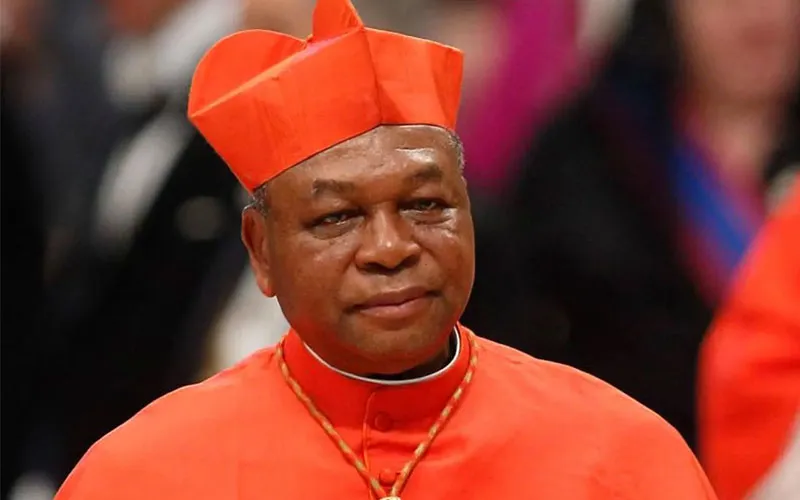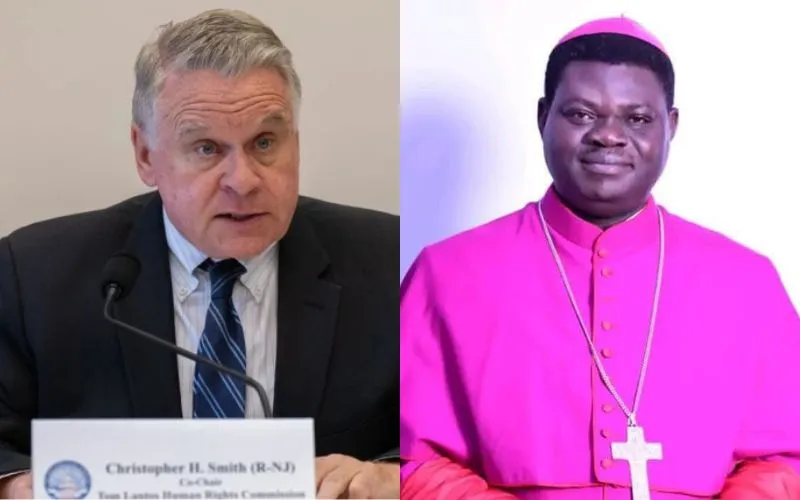Abuja, 06 March, 2023 / 8:39 pm (ACI Africa).
John Cardinal Onaiyekan has described the Presidential poll in the West African nation as “a tragically questionable election”, and clarified the viral social media post that has him ask Nigerians to accept the results of the now disputed February 25 election.
In a March 3 “disclaimer”, Cardinal Onaiyekan says that the “post making rounds on the internet … is misleading.”
Published on March 2, a day after the announcement of the Presidential result, the Facebook post reads in part, “Emeritus Archbishop of the Catholic Archdiocese of Abuja, John Cardinal Onaiyekan, has advised Nigerians to accept the result of the general elections when it is eventually announced by the Independent National Electoral Commission (INEC).”
The post further indicates that the Nigerian Cardinal had given the advice “yesterday (March 1) in his sermon at the Church of the Assumption Parish, Asokoro, Abuja.”
In his disclaimer, the personal Secretary of Cardinal Onaiyekan, Fr. Emmanuel Adugba, says that the Cardinal’s message was delivered on February 26, the day after the general elections, “with the belief then shared by most Nigerians that the process and the outcome of the elections will be free, fair, and credible as promised by INEC. Unfortunately, the result turned out to be totally different.”








